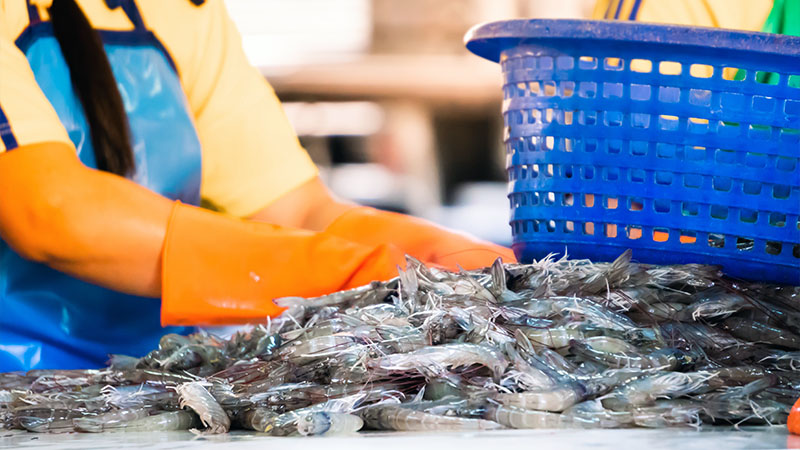Exclusive content

In Mexico, the state of Sonora has emerged as a significant player in the aquaculture industry, particularly in the production of farmed shrimp, fish, and select mollusk species destined for export markets. Central to this success is the commitment to maintaining health and safety standards within the aquaculture operations.
Challenges and Triumphs
During the period from 2010 to 2013, Sonora’s aquaculture sector faced formidable challenges with the outbreak of the white spot virus and the enigmatic “mystery disease,” leading to a drastic decline in production levels. However, collaborative efforts among producers and strong support from federal and state authorities marked a turning point from 2014 onwards.
The concerted efforts bore fruit as evidenced by a remarkable surge in production. From a modest 14,300 tons in 2013, the harvest skyrocketed to a record-breaking 76,118 tons of farmed shrimp in 2023, reflecting an increase of 432%.
Key Contributors to Success
Miguel Ángel Castro Cosío, President of the Aquaculture Health Committee of the State of Sonora (Cosaes), emphasized the pivotal role played by the organization’s technicians, along with the unwavering support from producers and both federal and state health authorities. Their collective endeavors have not only bolstered production but also upheld the integrity of natural aquatic ecosystems.
Cosío underscored the indispensable support and guidance provided by the National Agri-Food Health, Safety, and Quality Service (Senasica), attributing much of the sector’s success to the collaborative efforts between Cosaes and Senasica, as well as other state health agencies.
Towards Preventive Health Strategies
While acknowledging the strides made in enhancing health protocols, Cosío highlighted the need for a shift towards preventive rather than reactive health strategies, aligning with Senasica’s strategic directives.
Certified Production Units have emerged as a hallmark of Sonora’s aquaculture sector, comprising 79% of the total production in 2023. This certification ensures that products are free from chemical and microbiological contaminants, safeguarding consumers’ health.
Infrastructure Enhancements
Recent initiatives include the provision of pick-up vehicles to facilitate field operations, enabling professionals to monitor health and safety standards across production units effectively. These measures not only reinforce good production practices but also streamline health surveillance efforts.